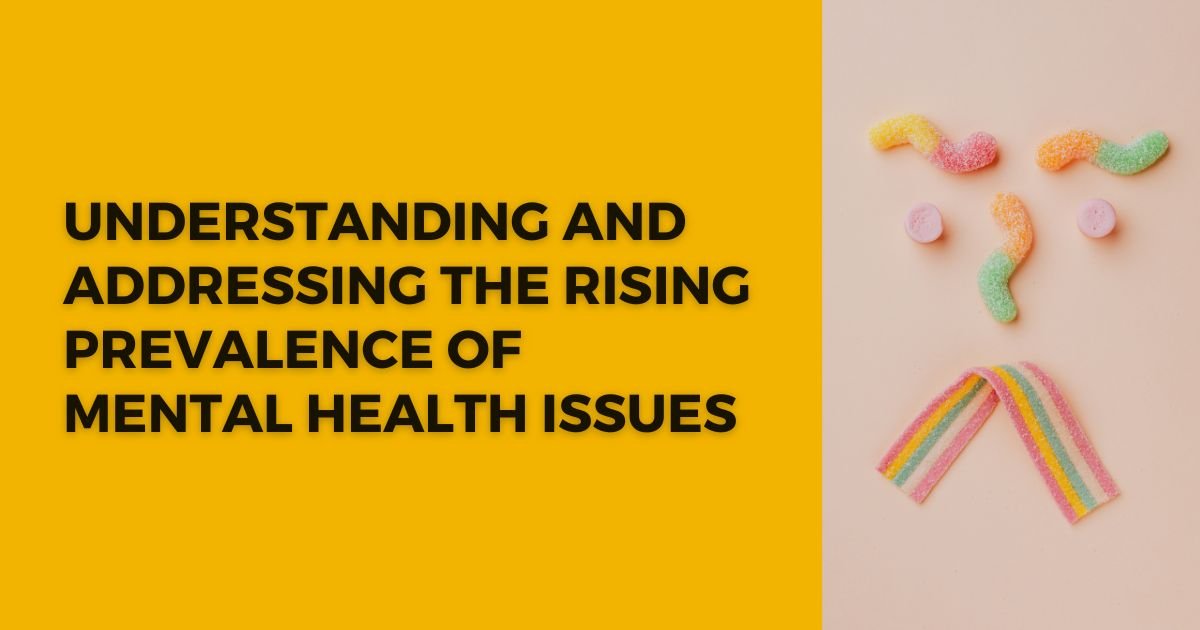Heart attacks are a serious health concern that can affect anyone regardless of age or gender, but studies have shown that men are more prone to them than women. However, this doesn’t mean that you should feel helpless in the face of this potential risk. There are many ways to prevent a heart attack and it’s never too early to start implementing healthy habits.
Table of Contents
To ensure the best chance of preventing a heart attack, it’s crucial to have an understanding of what it is and how to recognize the warning signs. A heart attack occurs when blood flow to the heart is impeded, usually by a blood clot, which can cause damage to the heart muscle. It’s important to seek immediate medical attention, as untreated cases can have severe consequences. For men, there are some common warning signs that you should be aware of, including chest pain or discomfort, shortness of breath, and sensations of lightheadedness. It’s also worth noting that discomfort or pain can occur in other areas of the upper body, such as the arms, neck, back, jaw, or stomach. By knowing what to look for, you’ll be better equipped to recognize the signs and take action as needed.
Making positive changes to your lifestyle and developing healthy habits can go a long way in preventing a heart attack. Here are some simple yet effective steps you can take to help safeguard your heart health:
Quit smoking
Smoking is a well-known contributor to heart disease and can heighten the likelihood of experiencing a heart attack. However, the good news is that taking action to quit smoking can have a positive impact on your heart health and boost your overall wellbeing. Research has shown that giving up smoking can significantly decrease the risk of heart disease and result in various health benefits. Whether you choose to quit smoking gradually or go cold turkey, seeking assistance from a healthcare professional or a support group can also make the process easier. So, don’t let smoking control your life and take the necessary steps to quit smoking today to safeguard your heart health and enhance your quality of life.
Exercise regularly
Making regular exercise a part of your routine can have a significant impact on your heart health and reduce the chances of a heart attack. By engaging in moderate-intensity physical activity for at least 30 minutes most days of the week, you can help improve your cardiovascular health, strengthen your heart muscles, and enhance your overall wellbeing. Remember, exercise doesn’t have to be a chore and can be incorporated into your daily activities in fun and enjoyable ways. From taking a brisk walk to dancing, swimming, or cycling, there are plenty of activities you can do to get your heart pumping and reap the benefits of regular exercise.
Eat a healthy diet
Maintaining a healthy diet is an excellent way to reduce the risk of heart disease and prevent a heart attack. Incorporating a variety of nutrient-dense foods such as fruits, vegetables, whole grains, lean proteins, and healthy fats into your diet can provide your body with essential vitamins, minerals, and antioxidants that support your heart health. While it may seem overwhelming to make significant changes to your diet, start by making small adjustments such as replacing processed snacks with fresh fruits, choosing leaner cuts of meat, and opting for healthy fats like nuts and seeds. By focusing on a balanced and wholesome diet, you can take control of your health and reduce the risk of heart disease and other chronic illnesses.
Manage stress
While stress is a normal part of life, chronic stress can have harmful effects on your heart health. It can lead to elevated blood pressure, increased heart rate, and the release of stress hormones, all of which can contribute to the development of heart disease. To reduce your risk of heart disease, it’s important to find healthy ways to manage stress. Activities such as exercise, meditation, spending time with loved ones, and pursuing hobbies can all help alleviate stress and promote relaxation. By prioritizing stress management in your daily routine, you can not only improve your heart health but also enhance your overall wellbeing and quality of life.
Get regular check-ups
Regular check-ups with your doctor are crucial in maintaining good heart health. Your doctor can conduct tests and screenings to identify any potential heart problems early on, which can be treated before they become more serious. In addition, your doctor can work with you to create a personalized plan to help you prevent a heart attack, such as making lifestyle changes, managing risk factors, and prescribing medications if necessary. By scheduling regular appointments with your doctor, you’re taking an important step towards ensuring your heart health and overall wellbeing.
Conclusion
One thing to keep in mind is that some men may be more susceptible to heart disease than others. Risk factors like family history, age, high blood pressure, high cholesterol, and diabetes can increase your chances of having a heart attack. But don’t worry! By working closely with your doctor, you can manage these risk factors and take the necessary steps to reduce your risk of heart disease and improve your heart health.
To wrap up, it’s important to remember that taking care of your heart health is something you can actively work towards. By making small, positive changes to your lifestyle, you can greatly reduce your risk of experiencing a heart attack. So don’t be intimidated, start incorporating healthy habits like regular exercise, healthy eating, stress management, and regular check-ups with your doctor into your routine today. Remember, it’s never too early or too late to prioritize your health and take control of your life.
FAQs
-
Are heart attacks more common in men than women?
Yes, men are more likely to experience a heart attack than women.
-
What are some common warning signs of a heart attack in men?
Common warning signs of a heart attack in men include chest pain or discomfort, shortness of breath, lightheadedness, and discomfort in other areas of the upper body such as the arms, back, neck, jaw or stomach.
-
What are some lifestyle changes that can help prevent a heart attack?
Quitting smoking, exercising regularly, eating a healthy diet, managing stress, and getting regular check-ups with your doctor can all help prevent a heart attack.
-
Who is at a higher risk of heart disease and a heart attack?
Men who have a family history of heart disease, high blood pressure, high cholesterol, diabetes, or are over the age of 45 are at a higher risk of heart disease and a heart attack.
For more informative articles on heart health, click here to read more. Remember, the more you know about heart health, the better equipped you’ll be to protect yourself and your loved ones.














Leave a Reply
View Comments